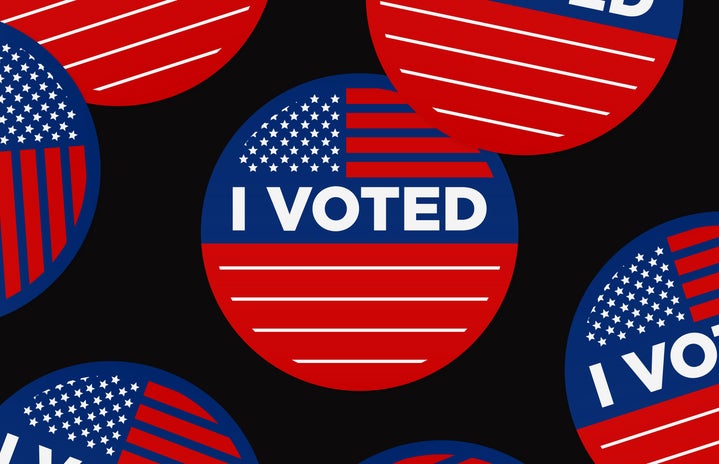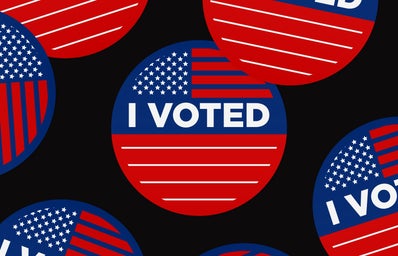With less than a month before the presidential election on November 3, many Americans are questioning what their vote truly means and if it will have an impact on the overall result. When looking at the history of voting rights, it used to be that only white landowners could vote. Slowly more and more groups gained the right to vote such as women and people of color. Many southern states had unofficial restrictions and suppression against minority groups until the Voting Act of 1965 passed, which enacted federal rules protecting eligible voters and restricting discriminatory election practices. Although the Voting Act helped provide opportunities and gain more votes from marginalized groups, there are still systems today that make it significantly more difficult for some people to vote.
When looking at incarceration rates in the United States, three million people sit behind bars. Even more alarming, African Americans and Hispanics make up 32% of the U.S. population but simultaneously comprise 56% of the U.S. incarcerated population. Voting rights are taken away from an individual that is actively in prison and even when they are released, they encounter many roadblocks in successfully voting. This leads to unequal voter turnout where there is more representation from white, affluent Americans compared to minority groups, low-income individuals and younger populations. Therefore, when considering this, the vote is much more likely to be in favor of conservative views since the Republican party has majority white, affluent Americans whereas the Democratic party includes a higher percentage of minority groups, low-income people and younger individuals.
This is where our voice comes in and why it matters. As young Americans, we can make an impact by coming together and committing to vote. In 2016, 61.4% of Americans voted in the presidential election. However in 2016, only 46.1% of 18-to 29-year olds voted, compared to 70.9% from citizens 65 and older, 66.6% from 45-to-64-year olds and 58.7% from 30-to-44 year olds. Whereas our result may not directly elect a president, enough representation in your district can affect the electoral vote. And while many of us are focusing on the presidential election, we should not bypass local elections such as mayors, council members, judges and other local officials that more directly affect our day-to-day lives.
Beyond actually voting, make sure you are getting your voice heard in other ways. Tell your friends to vote, be aware of political issues and news or volunteer for particular candidates or campaign headquarters. This year’s election is one of the most important in history and it is important to take advantage of our right to vote. The next four years in our country will have the most influence on younger generations, as we enter into the career field, building families, buying housing and being independent adults. By creating a bandwagon and joining it to vote, we can push towards a democracy with equal representation and opportunities. To check your state’s voter registration deadline, methods of voting and individual eligibility go to https://www.vote.org/voter-registration-deadlines/.



